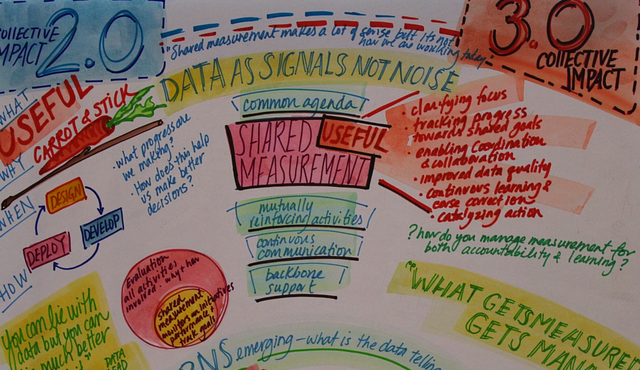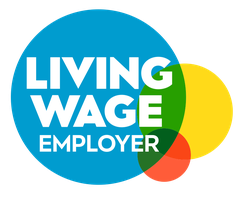Collective Impact 3.0 by Tamarack Institute

This paper published by the Tamarack Institute in 2016, builds upon the original Collective Impact framework introduced by Kania and Kramer in 2011, and is widely regarded as a significant evolution of the concept. It acknowledges that the original framework needed to evolve to meet the challenges of more complex and dynamic social issues.
The paper adapts the original five conditions of collective impact, making them more flexible and responsive to the realities of community-driven change. One of the core enhancements is the shift from a top-down approach to a more community-driven process. It stresses the importance of engaging those who are most affected by the social issues being addressed. This focus on community engagement ensures that solutions are more inclusive, equitable, and rooted in the lived experiences of the community. It highlights the need for flexibility, creativity, continuous learning and adaptation. The stronger focus on equity and inclusion and the need to address power dynamics and ensure that voices from marginalised communities are centred in shaping the direction of the work is likely to resonate with many community organisations.
While the original model identified backbone organisations as crucial for coordinating collective impact efforts, this paper expands their role to include facilitating community engagement, supporting adaptive leadership, and fostering a learning environment. It provides practical tools and frameworks which are helpful for translating the theory into actionable steps, making it easier for organisations to implement. The focus on community-driven change, adaptive leadership, systems transformation and equity makes the collective impact approach feel more inclusive.

